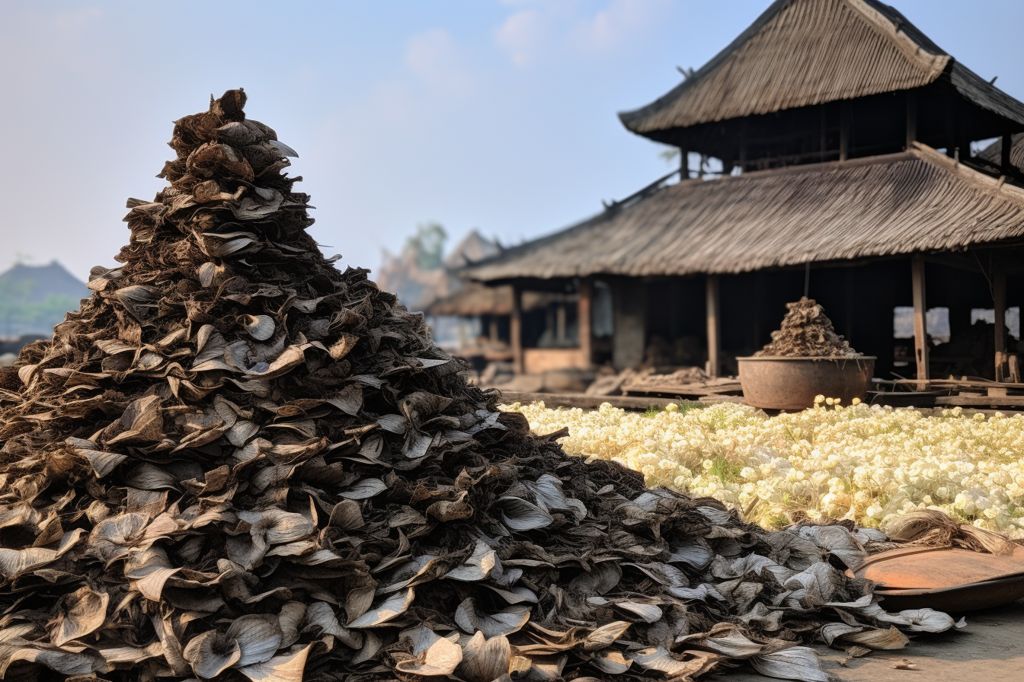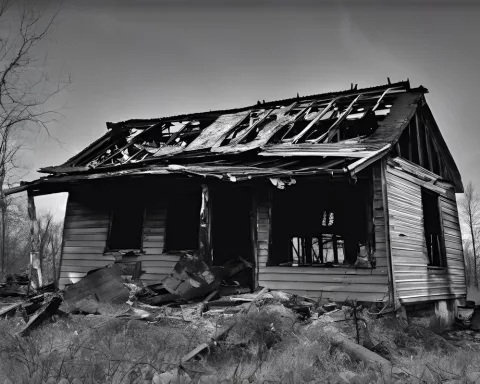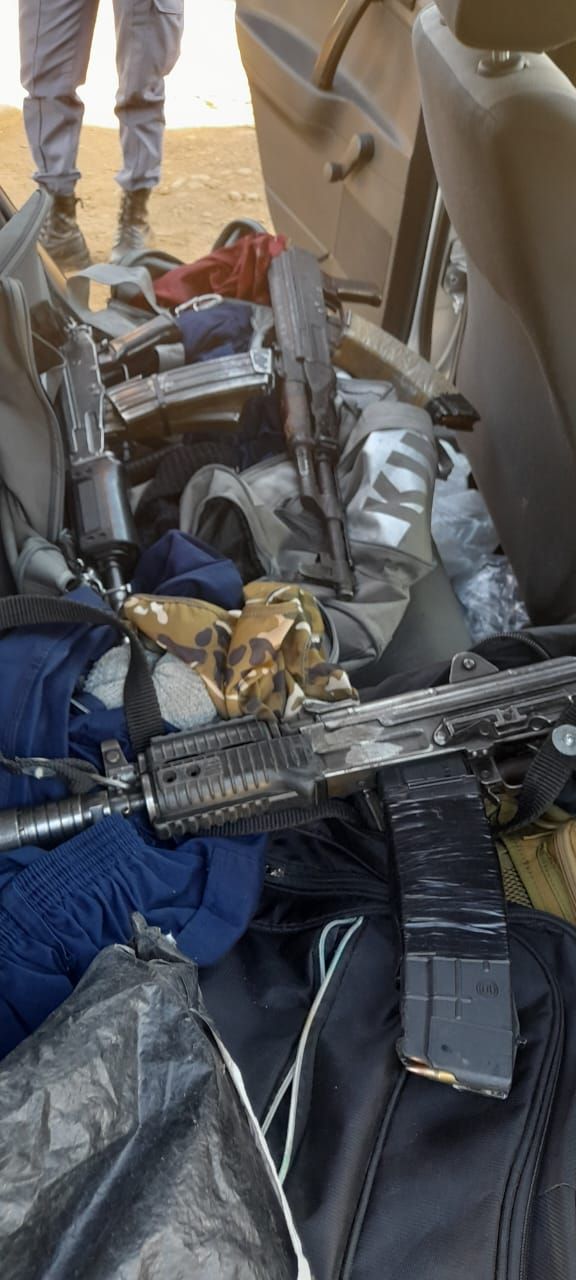In the Makhaza district of Cape Town, the Khayelitsha Canoe Club is leading the way in restoring the Blowy wetland. Their aim is to create an eco-friendly haven for the local community by removing invasive water hyacinths and clearing rubbish from the area. The club comprises over 20 volunteers, led by brothers Siyanda and Akhona Sopangisa, who founded the club in 2023.
Cleaning the Wetland
The Sopangisa brothers and their volunteers venture into the wetland every week to collect trash using rakes and gloves. They remove a range of waste, including diapers, plastic bags, clothes, bottles, car tires, and construction materials. The waste is either handed over to the City of Cape Town or to unemployed women for recycling purposes.
Biochar Production
The latest development in their initiative is the production of biochar from the invasive water hyacinths. The plants are now dried and burned in kilns to create a type of charcoal that makes an excellent garden fertilizer. The brothers plan to sell the biochar to local gardeners to revitalize their gardens. Additionally, the dry hyacinths can be crafted into hats, mats, and bags, which the brothers plan to sell to locals and tourists alike.
Benefits to the Community
The clean wetland not only benefits the environment but also the surrounding community. The wetland is now a space for birds, fish, and residents to relax and watch wildlife. Small farmers rely on the clean water for their livestock and gardens, and the wetland attracts tourists, further boosting the local economy. The Khayelitsha Canoe Club also uses the wetland to teach children aged 10 to 15 swimming and canoeing on weekends. These lessons impart valuable skills such as identifying rip currents and swimming safely. Moreover, they instill a sense of responsibility for the environment, encouraging kids to spread the message of maintaining a clean wetland within their community.
Tourist Participation
Last month, a group of tourists joined the volunteers in removing hyacinth, burning it, and delivering the biochar to a nearby crèche as fertilizer. The tourists paid for the experience and treated the biochar souvenirs. The volunteer team is now exploring partnerships with community gardens to test the effectiveness of the biochar fertilizer.
The Brothers’ Commitment
The Sopangisa brothers remain committed to their cause, despite the challenges they face. Their love of nature and dedication to their hometown motivate them to continue their invaluable contributions to the community and environment. While they wish for stipends to better support their work, they continue to work towards restoring the wetland for future generations to enjoy.












